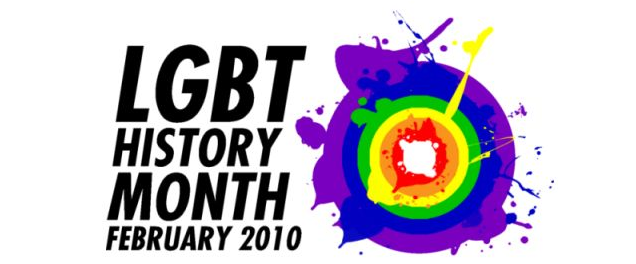Out in the Academy: Researching Queer Histories
February, 2010 · By Justin Bengry
February is LGBT History Month here in the UK, which focuses attention on lesbian, gay, bisexual, and trans issues in the present, and also the experiences of queer Britons in the past. This yearly program to promote diversity and LGBT histories reminds us just how rich queer history actually is. But it is still taken as a truism by many that the lives of gay men and lesbians remain absent in the archive, that their stories are “hidden from history.” While it is true that the stories of many gay men and lesbians cannot be found in the traditional archive, we are nonetheless discovering their footprints across the historical record.
Traditional archives have, in fact, been at the forefront of this work in the UK. The National Archives has actively participated in identifying LGBT sources across its collection. Together with the London Metropolitan Archives it is also creating guides to better access these histories in other collections. A number of specialist archives also record the histories of political action, legal reform, and campaigning; women’s and lesbian histories; as well as newspaper and media coverage of homosexuality in the twentieth century. But, even beyond these, researchers of queer history have at their disposal so much more.
As Jean Smith recently reminded us in another Compass posting, we need to look outside the traditional archive for fuller and richer histories of the past. Scholars of queer history in Britain are fortunate to have access to an enormous range of oral history collections, national survey testimony, and other repositories of gay and lesbian history. And in my own research, I have discovered film archives, theater collections, local archives, and personal collections teeming with possibilities after a little digging.
I write this post because I was almost dissuaded from undertaking dissertation research in queer history. This was not because of homophobia or reduced funding on account of my subject. I began graduate school believing, like many, that queer histories were largely marginal, inaccessible, and poorly recorded in the archive. But after arriving in the UK, exploring the archives, and jettisoning the entire PhD project I had initially proposed and the prospectus my committee had authorized (after many sleepless nights), I was able to embark upon the project I was passionate about and which became my dissertation. I had thought that an LGBT history project was not viable as a dissertation. I was wrong. And I hope that programs like LGBT History Month will remind other junior scholars of the range of research possibilities that are available to us, and also of the innumerable histories remaining in the archive but still untold.
This blog was originally published at History Compass Exchanges on
11 February 2010.
Tags: archives, Britain, gay and lesbian history, history, Homosexuality, identity, LGBT History Month, oral history, Postgraduates, queer history


Leave a Reply